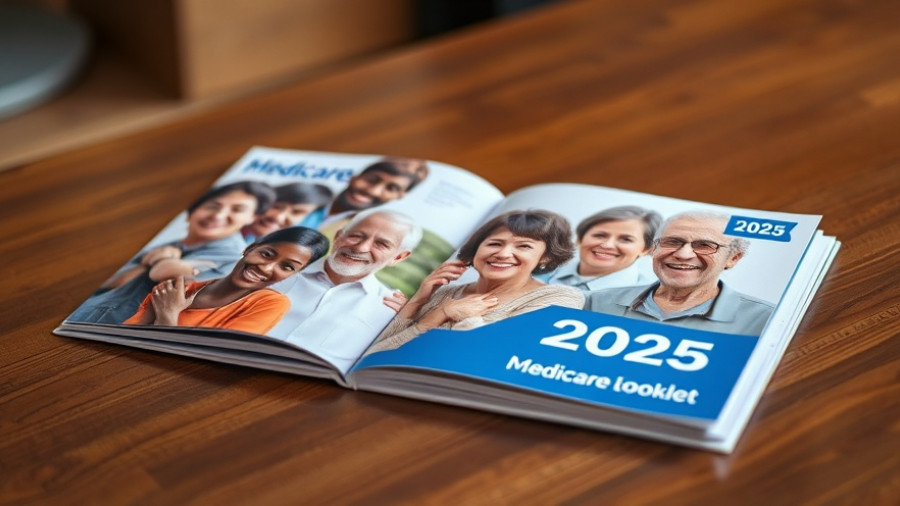
Understanding Medicare: Which States Stand Out?
Medicare is a crucial healthcare program for millions of Americans, particularly seniors. However, not all states offer the same level of support and quality of care for Medicare beneficiaries. If you're curious about where you might find the best options for Medicare, keep reading!
What Makes a State Good for Medicare Beneficiaries?
When it comes to evaluating states for their Medicare offerings, several factors come into play. These include the availability of plans, the quality of healthcare facilities, and the overall costs of services. Some states may provide more comprehensive options that give beneficiaries better coverage for less money, making them more attractive to seniors.
Top States for Medicare Beneficiaries
While specific rankings can vary, states like Florida and California often rank highly due to their extensive healthcare networks and a wide array of Medicare Advantage plans. Florida, in particular, boasts a large retiree population, leading to more tailored Medicare services.
Why Location Matters
The quality of Medicare services can greatly depend on where you live. Access to skilled doctors, hospitals, and specialized care can vary dramatically from one state to another. For example, some rural areas may struggle with fewer healthcare resources, leading to longer wait times and potential gaps in care.
The Importance of Looking Ahead
As healthcare policies continue to evolve, it's essential for Medicare beneficiaries and their families to stay informed about changes that may affect coverage and costs. Understanding the trends and potential shifts in local healthcare can help make more confident decisions regarding your Medicare options in the future.
Making Informed Decisions
Choosing the right Medicare plan is more than just picking the one with the lowest costs; it requires understanding your unique health needs and how the available plans meet those needs. Take time to compare options, seek advice from experts, and consider what makes the most sense for your circumstances.
Conclusion: Stay Informed!
Whether you're already a Medicare beneficiary or just approaching retirement, knowing which states offer the best resources can make a big difference. Stay proactive about researching options and advocating for your health needs, ensuring you receive the best possible care as you age.
 Add Row
Add Row 

 Add
Add 


Write A Comment